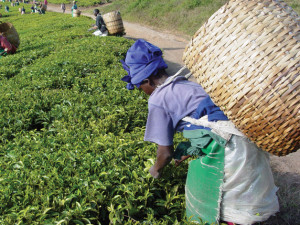There are various factors driving the ‘outsourcing’ of domestic food production to Africa. Among these are stagnation or drop in crop yield due to “green revolution fatigue”, government’s concerns related to long term food security besides the allure of much cheaper land and more abundant water resources in African countries.

Africa has about 60 per cent of the world’s unused cropland that can be used for farming and can create upto 8 million new jobs between now and 2020
The subsidies being offered by governments of African countries is another enticement. In many cases, companies have been offered special incentives, including the offer to lease massive tracts of arable land at very generous terms with access to water and the ability to fully repatriate the profits.
On the other hand, the rising cost of farming in other parts of the world is also driving many companies to Africa.
“The cost of agricultural production in Africa is almost half that in India. There is less need for fertiliser and pesticides, labour is cheap and overall output is higher,” said one farm owner from India.
Recent offers by African governments allow foreign farmers to acquire much larger tracts of contiguous land on lease for 50 years, and in some cases even up to 99 years at throwaway prices. “The land lease rate in India’s state of Punjab is a minimum of $760 per acre,” said a report in an Indian newspaper. In contrast, in most African nations, the land lease rate works out to a mere $13.30 per acre. This means that for every one acre in Punjab, Indian investors can own 60 acre in Africa,” concluded the report.















